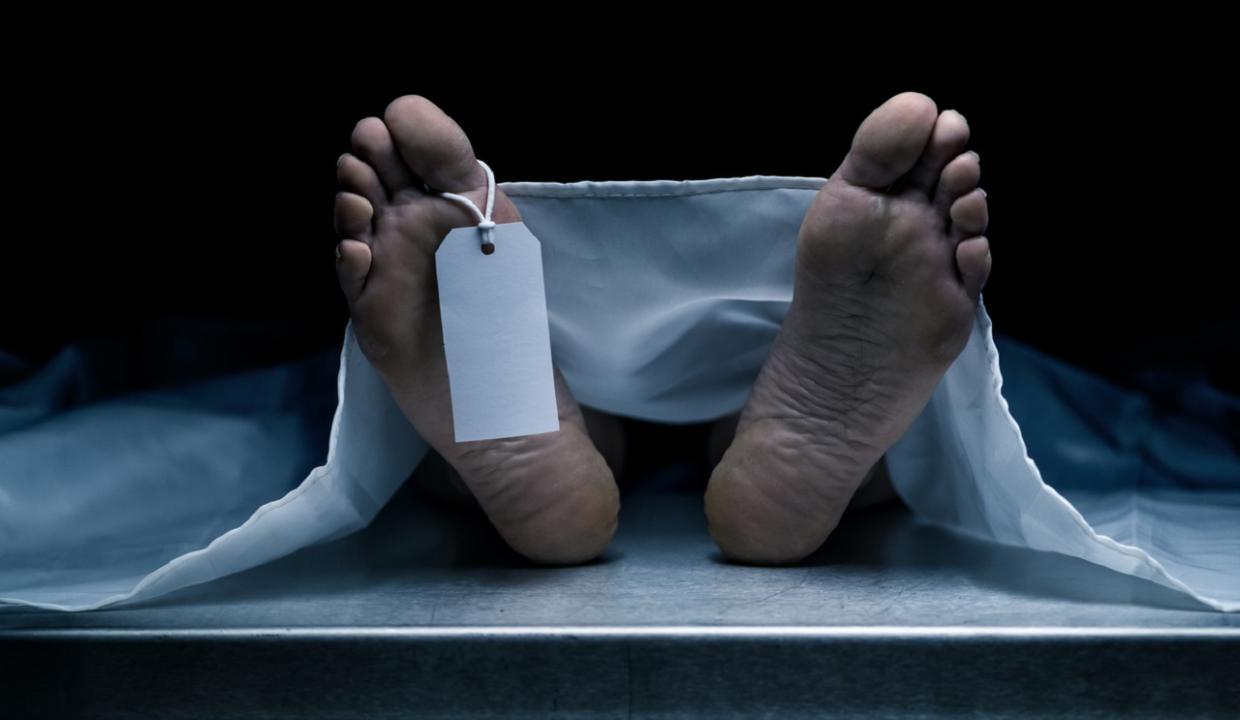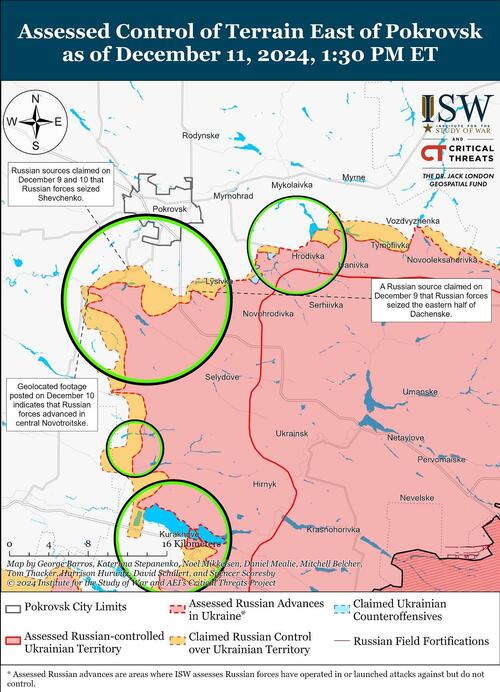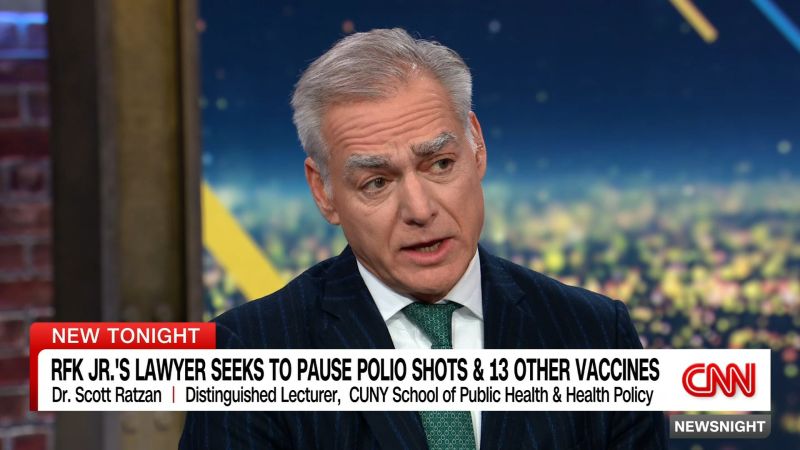As of January, Air Canada’s basic-fare passengers will no longer be allowed to carry on luggage and must pay $35 to check one bag. Sammy Kogan/The Globe and Mail Michael Rousseau, the chief executive of Air Canada, faced sharp criticism from MPs Friday when he appeared before a parliamentary committee to explain the airline’s new fees for checked bags and seat selection. As of January, Air Canada’s basic-fare passengers will no longer be allowed to carry on luggage and must pay $35 to check one bag.
The changes allow buyers of the airline’s lowest-price fares to bring aboard one personal item, such as a laptop. They will face another charge to change their seat. The federal transport committee held a hearing on the new policy, which mirrors a move made by WestJet Airlines, convening a meeting with Mr.

Rousseau and Mark Galardo, Air Canada’s vice-president of revenue and network planning. Top executives from WestJet Airlines, Porter Airlines and Air Transat also appeared before the committee Friday. Mr.
Rousseau, appearing by video, faced criticism for everything from the new fees and his compensation to his lack of progress in learning French. “I find it hard to believe a CEO can earn $12-million a year and wants to impose ancillary fees on customers,” Liberal MP Vance Badawey told the Air Canada CEO. Angelo Iacono, a Liberal from Quebec, scolded all the airline executives for benefiting from taxpayer bailouts during the pandemic and then raising fees.
“So here you are imposing all those fees on Canadians, and if you don’t remember, it was those Canadians who bailed you out when you needed financial help,” he said. MPs sought assurances from Mr. Rousseau that Air Canada’s fare prices would be decreased by the amount charged to check a bag, and asked why carry-ons were not allowed if there were no staff costs in handling them.
Mr. Rousseau said “the market” determines airfares. He said charging for bags, meals and other items separately allows carriers to offer lower prices and give customers more choices.
Mr. Galardo said the changes were made to “make Air Canada competitive and therefore would obviously help its revenue streams in being competitive.” The airline executives told MPs that fees imposed on travellers are the main hurdle to affordable air travel in Canada.
Alexis von Hoensbroech, chief executive officer of WestJet Airlines, said government fees for security checks, airport improvements and other mandatory charges amount to $100 a ticket. He called on Ottawa to review the user-pay model on which Canada’s airports are run, and to consider taxpayer subsidies. Canada’s aviation system, he said, is marked by high costs and below-average infrastructure compared with Europe.
Conservatives on the committee expressed some support for the executives’ statements that government charges are to blame for the high cost of air travel. “We know that government regulations, fees and taxes overall in Canada carry a big weight on the airline’s operations in Canada,” MP Leslyn Lewis said. “This is one of the reasons why it’s more expensive to fly in Canada than other countries.
” Air travellers around the world are increasingly being hit by an array of extra fees – one to check a bag , one to sit with their family, another for leg room; and a separate fee for even more leg room. The airlines say the fees are charged separately to allow passengers to customize their trip and keep fares low. The fees, the airlines say, are optional.
Governments and regulators use a different word – junk. In the U.S.
, the Biden administration has made it illegal to force customers to click on a web link before seeing the extra charges. Airlines around the world began charging fees for baggage as way to cover soaring fuel costs in 2007 and 2008. In the pandemic, passengers showed they were keen to pay more for the perceived safety of early boarding, seats near the front of the cabin for faster exits, and extra leg room, according to consultancy IdeaWorks.
The issue has drawn the attention of at least two Canadian regulators, the Competition Bureau and the Canadian Transportation Agency. The Competition Bureau calls this drip pricing – boosting the final bill slowly with hidden fees. In the most recent federal budget, the government declared its intention to tackle the affordability crisis by “cracking down on junk fees” charged by airlines, concert promoters, telephone companies and others.
Air Canada, which along with Transat is a publicly traded airline, does not disclose how much it collects in bag or seat-choice fees. Its financial statements report operating revenue in three categories – passenger, cargo and “other.” The latter category rose by 43 per cent in 2023 to $1.
5-billion..
Business
Canadian airline executives face criticism over fees while appearing before parliamentary committee
MP Angelo Iacono scolded all the airline executives for benefiting from taxpayer bailouts during the pandemic and then raising fees














.jpg?itok=GQSz6ozT)